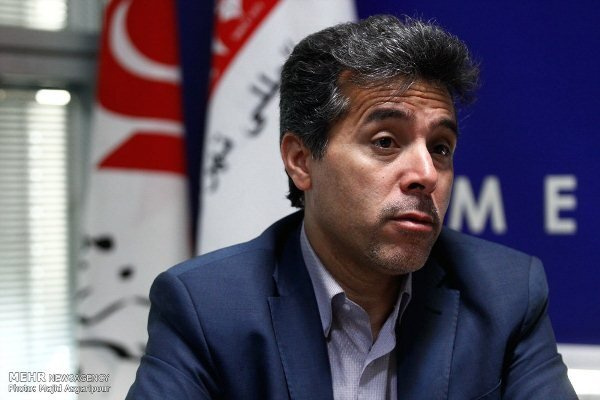Iran is affected more by developments in Afghanistan: expert

After Pakistan, Iran shares the largest border with Afghanistan.
Also, Afghans use the Iranian territory as a route to flee to Europe.
Iran was also at odds with the Taliban when they first ruled Afghanistan from 1996-2001. It treated the Shia community in a discriminatory way. However, there are unconfirmed reports that the Taliban have changed.
Prior to the complete takeover of Afghanistan in mid-August, Tehran hosted a meeting of the Taliban figures and the Afghan government, encouraging them to settle their dispute and agree on a power-sharing government.
Tehran also hosted a meeting of the foreign ministers of countries neighboring Afghanistan on Wednesday. The focal point of the conference was to insist on the need to form an inclusive government in Afghanistan, counter-terrorism and establish a durable security in the country. The Russian foreign minister and the UN Security Council addressed the Tehran conference virtually. Chinese foreign minister, whose country shares a 46-mile border in the west with Afghanistan, also addressed the meeting through a video link.
In an interview with IRNA on Saturday, Haghpanah said since Iran is most affected by developments in Afghanistan it should change its views on the developments in the region, especially toward Afghanistan.
“This (Tehran) meeting can be the beginning of a new approach to this region," he opined.
"A great regional and international event is taking place along the geography of our country, and I hope holding such a meeting and addressing this important issue promotes Iran's role and influence at regional and international level," Haghpanah pointed out.
Referring to some differences between Afghanistan's neighbors, Haqpanah said: "Naturally, in such meetings, some kind of coordination should be formed on the controversial issue of Afghanistan and a consensus should be reached between Iran and its neighbors on common threats and interests, so the Tehran summit can prove a turning point."
The senior analyst went on to say that “if we look at the crisis in Afghanistan, especially over the last 20 years, we witness that there has always been an incompatibility at regional and international levels. In other words, actors such as the United States were pursuing ‘securitization mechanisms’ in Afghanistan, which was not in line with the considerations of neighbors, especially regional powers.”
"According to international relations theories, regional powers are more independent than international powers and can move side by side with the international powers in some issues. However, in the end, international and regional powers must interact so that this country stabilizes, otherwise this situation will continue," the university professor pointed out.
Regarding the mechanism of interaction between international and regional powers, Haqpanah said it seems that from the perspective of international system, Afghanistan has lost its importance and no one is willing to “pay costs” in this country.
The faculty member of the Department of Political Science at the University of Tehran added every country should understand that it cannot dominate Afghanistan, but will be affected by it.
The solution is to somehow reach a common understanding through collaboration that start at the minimum levels and gradually increase, and finally be able to prevent the spread of unrest in the region, and this is possible, he commented.
He said: "The situation in Afghanistan is such that no country is willing to bear the burden alone and everyone should define costs for themselves based on the extent of their interests."
Haqpanah said Washington tends to set the rules of the game, but how successful it will be it require more components and means, which range from domestic political environment to priorities of the country.
Source: Tehran Times

